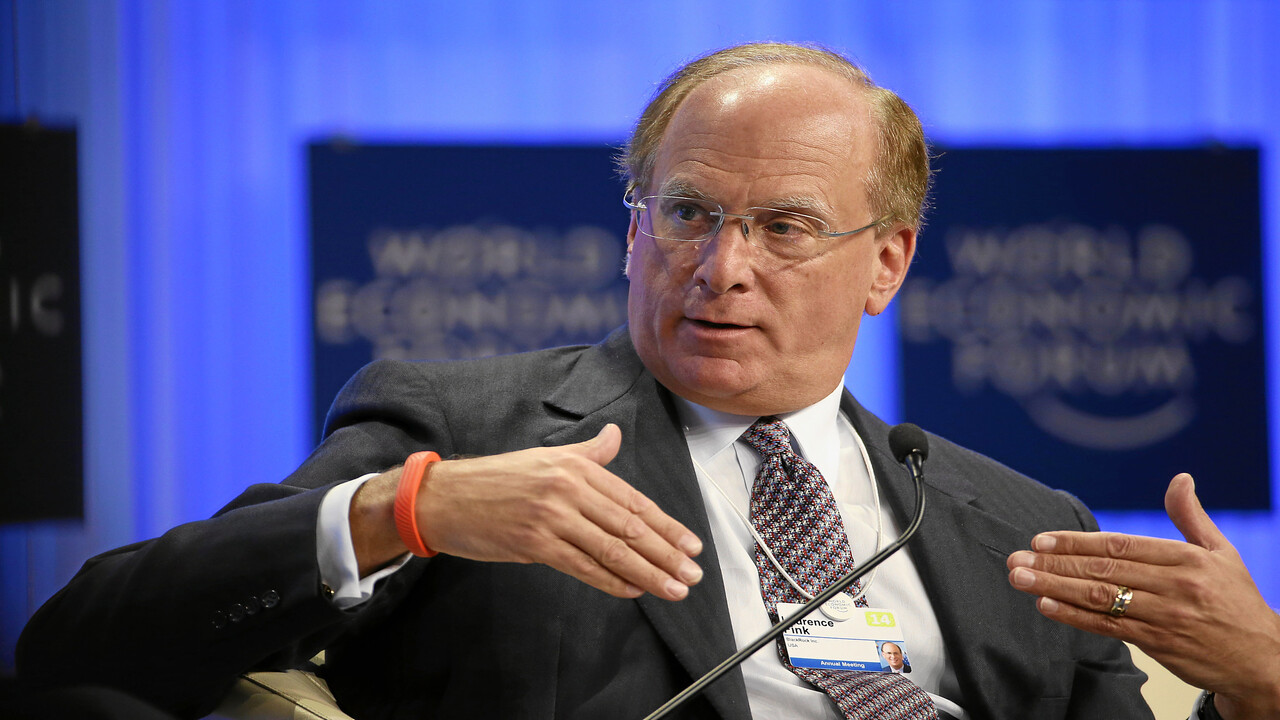BlackRock, the world’s largest asset manager, is facing heavy criticism from leftist organizations over its recent rejection of numerous environmental, social, and governance (ESG) shareholder proposals. After attracting criticism from conservative figures for supporting the ESG agenda, it is now being attacked by Democratic officials who are alarmed at its reduced votes in support of ESG proposals.
According to the Financial Times, “BlackRock voted for only 26 ESG proposals in the 12-month period ending in June — or 7% of the total opportunities.” This reflects a marked decrease from BlackRock’s 47 percent “yes” votes in 2021.
This voting trend has provoked the ire of some on the left, notably New York City Comptroller Brad Lander. Lander accuses BlackRock of succumbing to external pressures, stating that BlackRock has capitulated to a “misinformed and shortsighted war against ESG at the behest of special interests.”
Lander further emphasizes, “BlackRock has a responsibility to use its votes to send a clear and consistent message regarding the need to manage climate-related and human-capital related risks.” Lander manages a substantial $250 billion in pension assets, making his remarks weighty in the financial world.
The reduced percentage of BlackRock’s supportive votes comes at a time when ESG proposals have increased, due to new SEC rules that simplify the process for shareholders to introduce such proposals. BlackRock explained its stance, stating it voted”no” more frequently “because so many shareholder proposals were overreaching, lacking economic merit, or simply redundant.”
Illinois State Treasurer Michael Frerichs voices concerns about this trend, saying, “We understand that there are years where there are lower-quality proposals, but if this becomes a trend over multiple years, then we’ll be concerned.”
Another financial powerhouse, State Street, has also reduced its backing of ESG measures, though not as significantly as BlackRock.
Apart from Democrats, BlackRock has been under scrutiny from Republicans who believe the company prioritizes the ESG agenda over investment returns. Addressing the controversy, BlackRock CEO Larry Fink remarked in June that he has stopped using the term “ESG” as it’s been “weaponized … by the far left and weaponized by the far right.”
In response to these concerns, BlackRock launched “Voting Choice,” a program enabling investors to determine the voting method for their shares. While the initiative began with large institutional investors, it’s being piloted with retail investors in the UK. However, skeptics view this as an ineffective measure that won’t diminish BlackRock’s influence on shareholder voting outcomes.
The criticisms faced by BlackRock from both political spectrums resemble the challenges encountered by companies like Bud Light and Target. Such companies face backlash for leaning too liberal, leading to an uproar from conservative groups. When they adjust their approach, they then face disapproval from liberal factions.
Asset management giants like BlackRock hold significant influence over public corporations and, by extension, society. Collectively, BlackRock, Vanguard, and State Street own between 15 and 20 percent of the outstanding shares of S&P 500 companies, making their actions and decisions highly consequential.
See full article at ZeroHedge.
Jack McPherrin (jmcpherrin@heartland.org) is a managing editor of StoppingSocialism.com, research editor for The Heartland Institute, and a research fellow for Heartland's Socialism Research Center. He holds an MA in International Affairs from Loyola University-Chicago, and a dual BA in Economics and History from Boston College.






